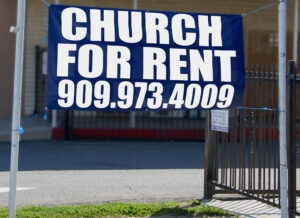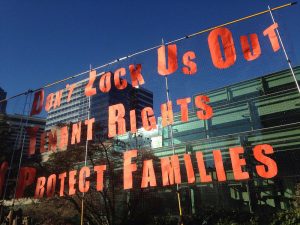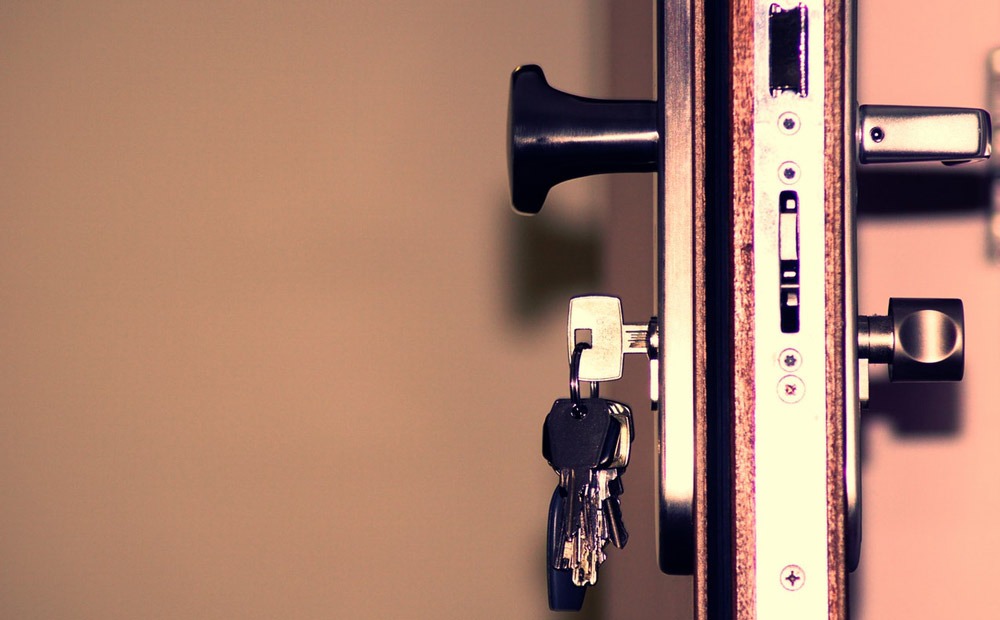October 10, 2016; Boston Globe
The city of Boston will use a referendum this election to make a big decision on how to fix their affordable housing problem. The solution comes in the Community Preservation Act (CPA), which will include a one percent tax (surcharge) on annual property tax assessed, beginning in 2018. This is one of five referendum issues on the ballot in Boston this election. Other referendum issues include charter school expansion and the legalization of marijuana.
The CPA is a program created by the state of Massachusetts to increase quality of life and housing options in the cities and towns that vote to adopt it. Advocates for the CPA are predicting that the one percent surcharge is expected to cost the average Bostonian homeowner about $24 per year. (This excludes seniors and low-income households, who are exempt.) This adds up to $20 million annually in additional revenue that can be spent on increasing the amount of affordable housing units, preserving and rehabilitating land for parks, and protecting historic sites.
Most of the money will increase access to affordable housing units for residents, with parks and recreational spaces also included as additional programming. The vast majority of city officials support the new tax; surprisingly, many groups who would more than likely oppose it are staying silent.
Sign up for our free newsletters
Subscribe to NPQ's newsletters to have our top stories delivered directly to your inbox.
By signing up, you agree to our privacy policy and terms of use, and to receive messages from NPQ and our partners.
Mayor Martin J. Walsh, all but one member of the Boston City Council, and more than a dozen state legislators from Boston support the act. Some of those most likely to protest the measure—prominent business groups, taxpayer advocates, investment firms, and real estate boards—many of which derided it as ill-timed in 2001, have declined to publicly oppose the ballot question on November 8th.
Why no forceful opposition on the new tax? It is unclear, but there are a few possibilities. First, the problem with access to affordable housing is huge in Boston, with average rents reaching as high as $2,000/month. In addition, home prices have recently hit an all-time high. Second, nonprofit organizations, community advocates, and churches have mobilized to get the measure passed.
These days, grass-roots organizations such as Brown’s affordable housing alliance and the Greater Boston Interfaith Organization are undertaking a disciplined outreach effort to educate Boston residents on the measure’s potential impact, according to organizers. Almost 30 church groups from across the region are holding themselves to a strict pledge. At a rally in September, each participating congregation promised to secure roughly 3,000 “yes” votes from Boston residents, and before Election Day, supporters plan to hold a rally on City Hall Plaza.
Nonprofit leaders are hopeful that this initiative can also increase advocacy for communities and neighborhoods to provide a counter argument to the powerful interests of developers and real estate businesses.—Lauren Miltenberger












